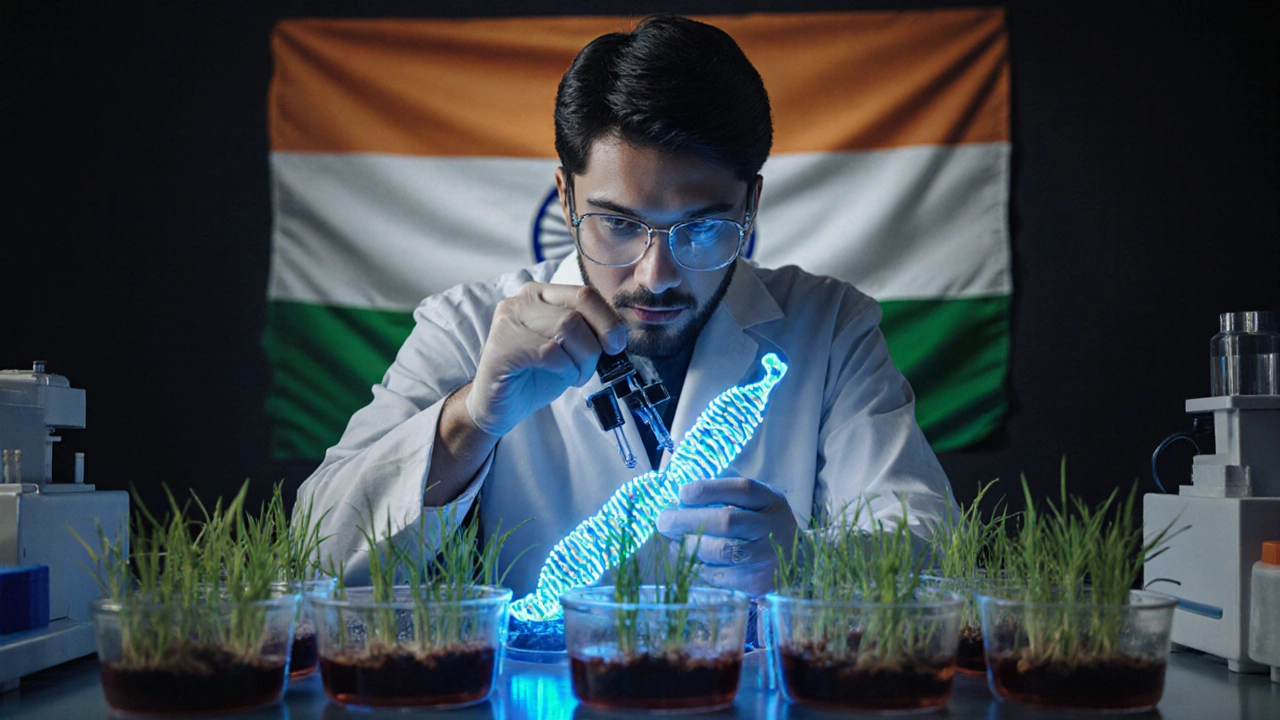Industrial Biotech: How India Is Using Biology to Build Better Factories
When you think of biotechnology, you might picture gene labs or COVID vaccines. But industrial biotech, the use of living cells and enzymes to produce chemicals, fuels, and materials at scale. Also known as white biotechnology, it’s what’s replacing oil-based factories with biology-driven ones. Instead of burning fossil fuels to make plastic, companies now grow microbes that chew on sugar and spit out biodegradable polymers. Instead of toxic chemical processes, factories use enzymes that work at room temperature and leave no waste. This isn’t science fiction—it’s happening right now in Bangalore, Pune, and Hyderabad.
Industrial biotech doesn’t just make things differently—it makes them cleaner. biofuels, liquid fuels made from algae, crop waste, or even sewage. Also known as second-generation biofuels, they cut carbon emissions by up to 80% compared to diesel. In India, startups are turning rice straw and sugarcane bagasse into ethanol that powers buses. biomanufacturing, the process of using engineered organisms to produce high-value chemicals. Also known as fermentation-based production, it’s how companies make enzymes for detergents, vitamins for supplements, and even leather without killing cows. And green chemistry, designing chemical processes that reduce or eliminate hazardous substances. Also known as sustainable chemistry, it’s why Indian pharma firms are now using microbes instead of heavy metals to synthesize drugs. These aren’t separate fields—they’re parts of the same shift: replacing old, dirty systems with smarter, living ones.
What you’ll find below aren’t just articles—they’re real stories from Indian labs and factories. You’ll read about how researchers turned waste into profit, how startups got funding without venture capital, and why some biotech breakthroughs never leave the lab. There’s no fluff here. Just what’s working, what’s failing, and who’s making it happen across India.





